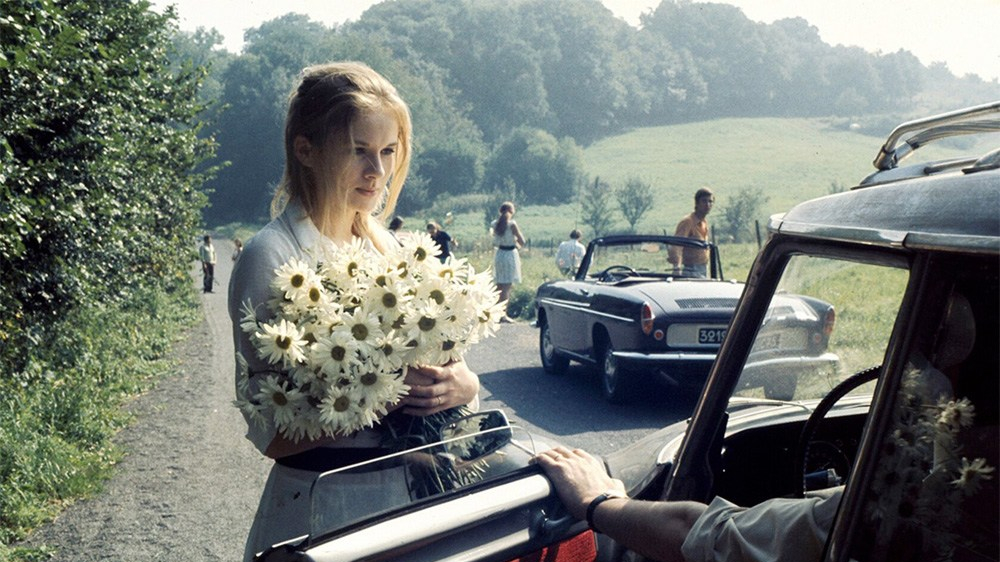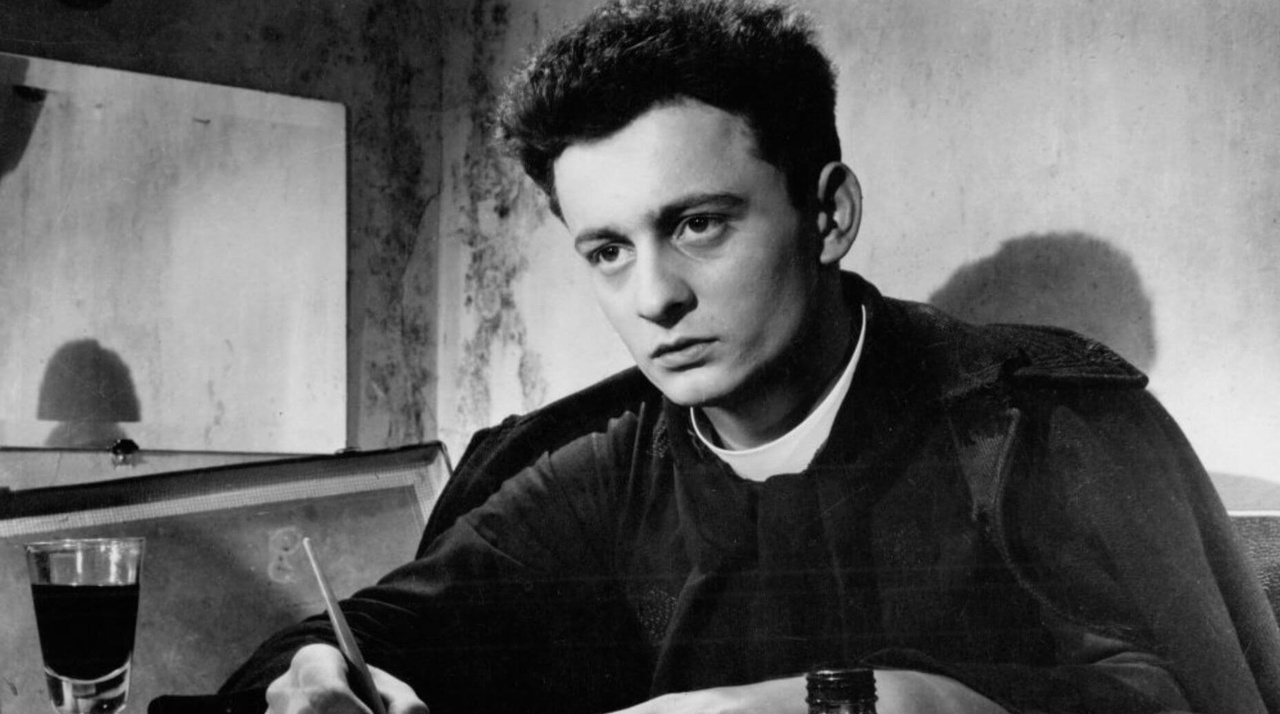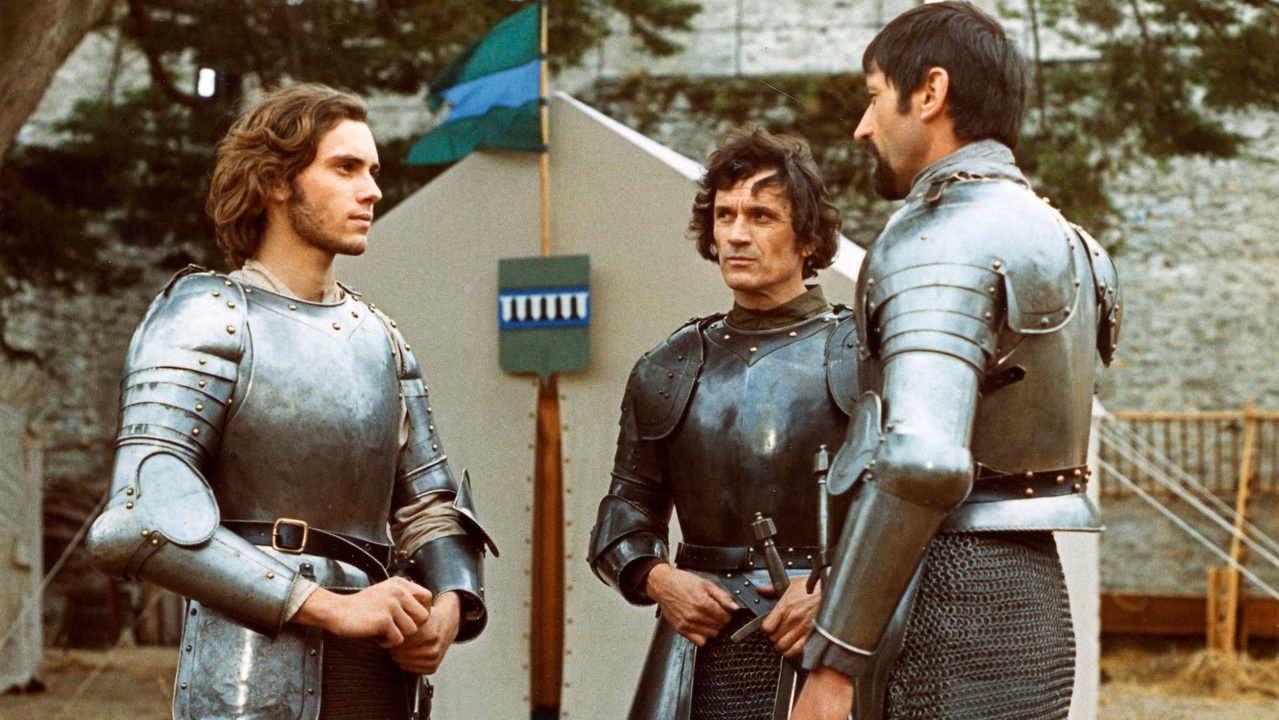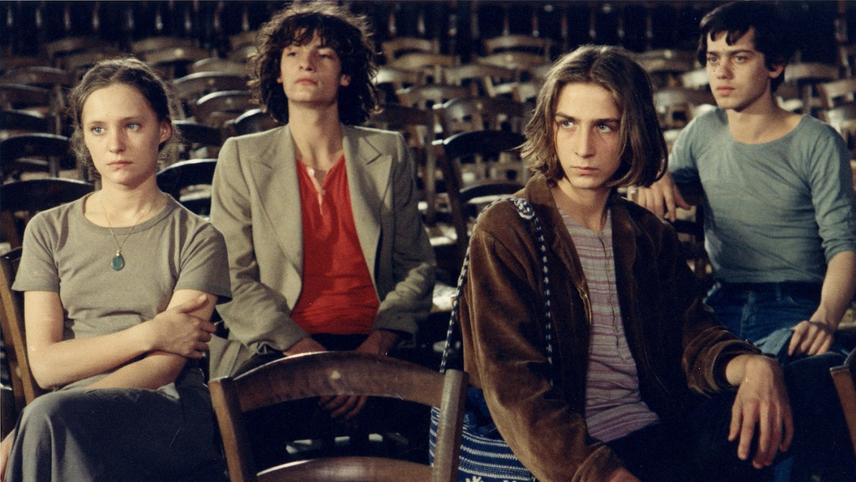

Capturing the Real: Four by Robert Bresson
Programmed by: Vaughn Jarvi
Co-sponsored by the France Chicago Center and the Consulate General of France in Chicago
Robert Bresson, a filmmaker of immense formal discipline, created one of cinema's most singular oeuvres over a career of fifty years. A theorist of cinema from his earliest projects, Bresson greatly respected literature and theater, but aimed to distance himself from them in directing films: he spoke often of the clarifying nature of the camera, of the life breathed from "images, voices, sounds, silence." His films approach the suffering of characters within a broken world, but are never despairing: life and grace are sought after, in spite of darkness.
This series provides a cursory look at Bresson through his Diary of a Country Priest (which established much of his filmmaking philosophy and style) and three lesser-seen films. Through his works, we may see Bresson for all his nuances: as a director who relied on the restrained gestures of non-actors yet described his films as being primarily "of feelings and of action," or as a creator of great formal precision who saw improvisation as a necessity. In these four, we observe the director's approach extended to a number of subjects, and a base interest in the expression of his own emotions regarding these them. Bresson's films could be described as bare, but it is these quietly beautiful creations that allow us to richly see his own care and conviction — we watch as he seeks "the real," the eye of his camera mimicking our own.
Une femme douce (1969)

Robert Bresson · 88m · DCP
This Dostoevsky adaptation begins with the suicide of Elle, the titular "gentle woman," and is framed in flashback as we see her husband trace their young, troubled relationship. For its color cinematography (Bresson’s first) and dealings in urban disillusionment, Une femme douce could be seen as a framework for the latter half of Bresson’s career — portraying Paris as no one but Bresson did. The film also features his starkest use of narrative.
Thursday, October 3rd 7:00 PM · Sunday, October 6th 4:00 PM
Diary of a Country Priest (1951)

Robert Bresson · 115m · DCP
One of Bresson’s most overtly religious works, and the film that marked his international breakthrough, Diary follows the service of a young Catholic priest (Claude Laydu) as he grows ill in the rural village of his parish. The film’s softly lit black-and-white images show on Laydu’s face the coldness of the trials he faces, yet also the warmth he seeks from God. André Bazin said of its structure: "each moment, each shot, has the destiny and freedom it needs."
Thursday, October 10th 7:00 PM · Saturday, October 12th 4:00 PM
Lancelot du Lac (1974)

Robert Bresson · 85m · 35mm
Bresson departs from a run of distinctly contemporary works with Lancelot, possibly the ultimate medieval film, and works from a script he had written twenty years prior. The rhythms of this film are as hypnotizing as ever for Bresson: the clanking of armor, the footsteps of horses, and the ringing out of medieval horn underscore the director’s attempt to "bring the past into the present" in his portrayal of the rended Arthurian kingdom.
Courtesy of Institut français.
Thursday, October 17th 7:00 PM · Saturday, October 19th 7:30 PM
The Devil, Probably (1977)

Robert Bresson · 97m · 35mm
Like Une femme douce, The Devil, Probably begins with an unexplained death and looks backwards in an attempt to make sense of the tragedy. The film is weighed down by all of the troubles of its time with discussion of politics, ecology, and philosophy. It is fitting that a film so charged would be Bresson’s most formally daring, as we see diegetic documentary footage cut in. The final product, though, remains as meditative as one would expect.






